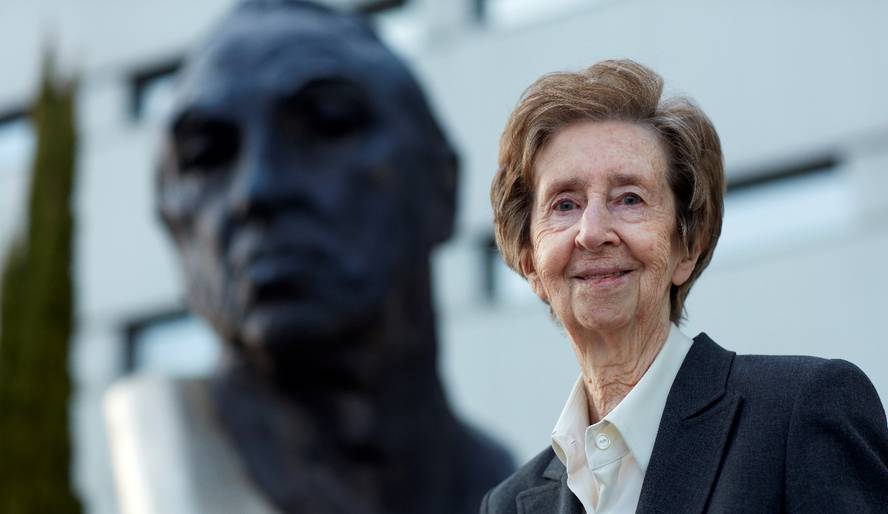Margarita Salas Falgueras dies, pioneering biochemistry
The biochemistry Margarita Salas Falgueras died at the age of 80. When Spain was a scientific desert, it began to investigate the phi29 fago, and from there it opened the door to a whole field.
In the interview granted years ago to the magazine Elhuyar, the fago phi29 gave him “great satisfactions”. Fagos are viruses that infect bacteria and did not know the consequences of their research. He wanted to investigate the morphogenesis of the virus, the replication mechanisms of genetic material and gene expression, for which he suspected that phago was a good example.
Thus, it found the initiating protein of phage replication and polymerase DNA. Due to the ability to amplify the DNA of polymerase, it has had numerous applications, from genetic analysis to paleontology.
He obtained a doctorate in Biochemistry in 1963, at the Complutense University of Madrid. He then studied in New York for three years with the Nobel Prize in Chemistry Severo Ochoa de Albornoz. Upon his return to Spain, he founded the first research group on molecular genetics in Spain, the General Council of Scientific Research (CSIC), and continued to investigate in his CSIC laboratory until his death his work and his life.






